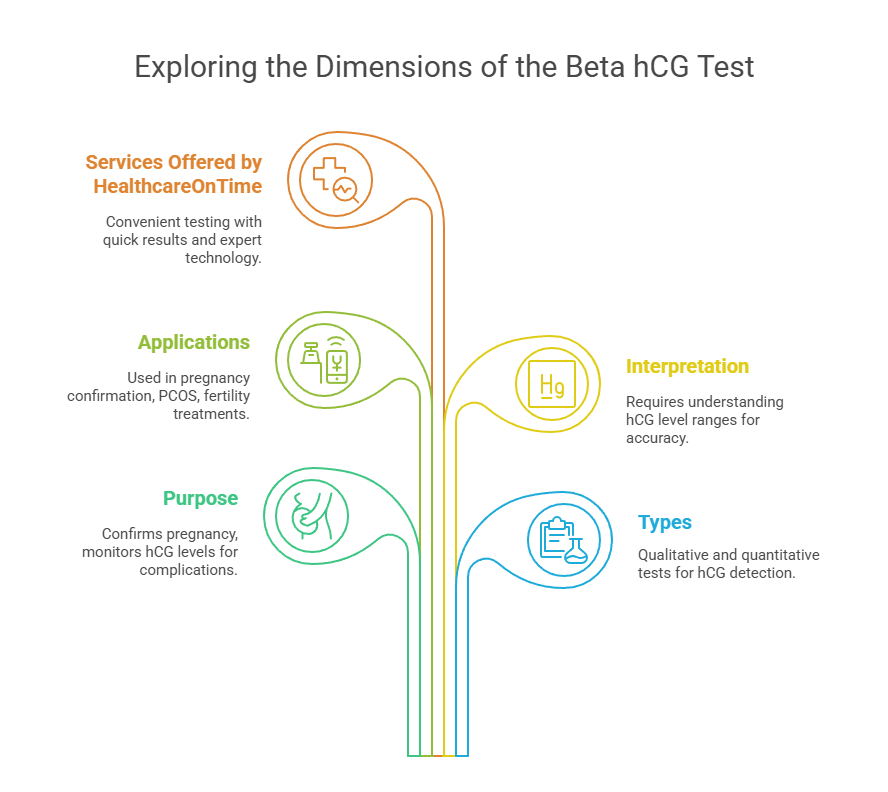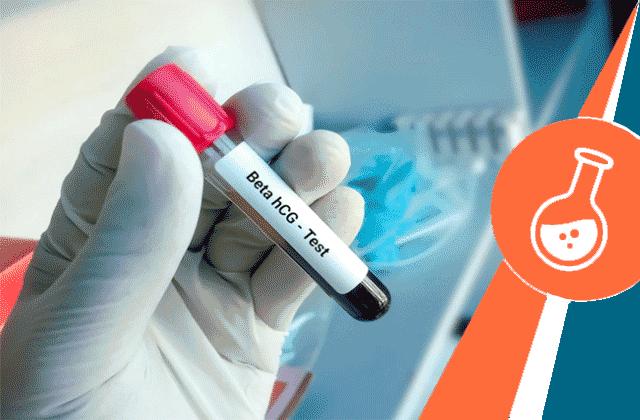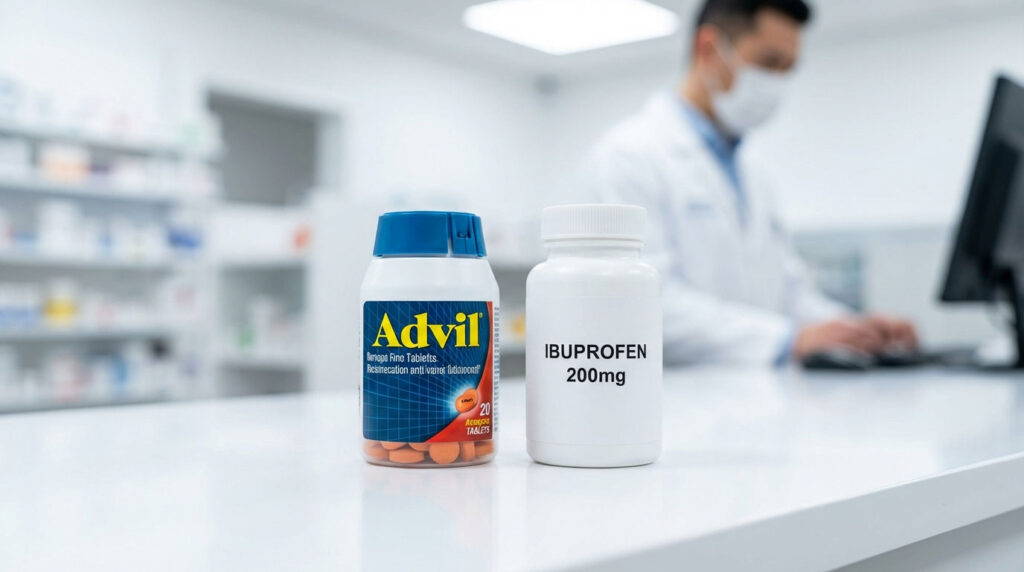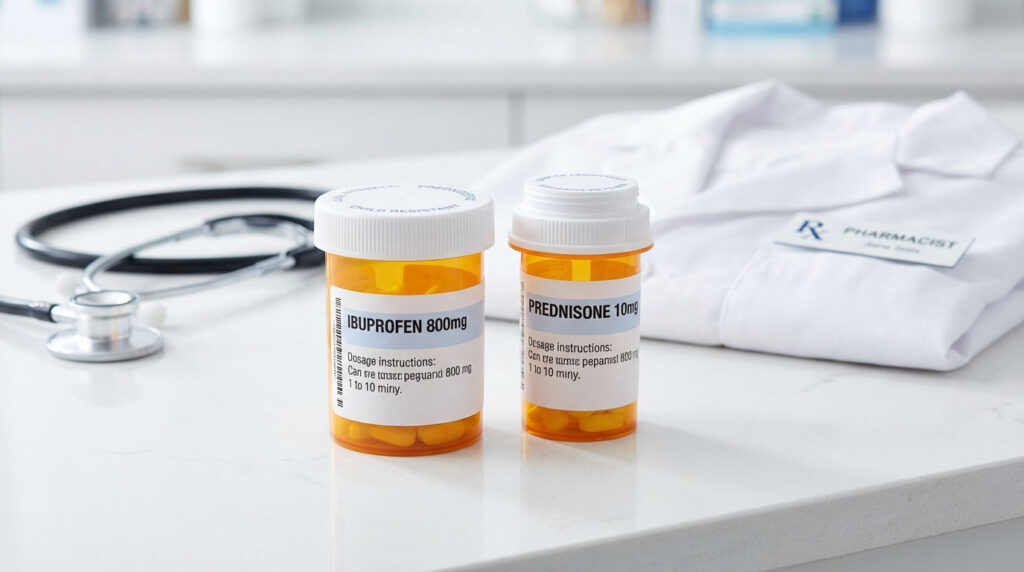
What Is hCG Test?
The beta hcg test for pregnancy is a blood test that measures the hormone pregnancy hormone, also known as human chorionic gonadotropin (hCG). It can be used to determine whether or not you are pregnant and how likely it is that you became pregnant. The hCG test is often performed on women who have missed their period, those who suffer from polycystic ovaries syndrome or PCOS, or those considering pregnancy. For a detailed guide on pregnancy blood tests, visit our comprehensive guide: Pregnancy Blood Test: A Comprehensive Guide.
About hCG Blood Test
Why Do I Need An hCG Pregnancy Test?
If you are pregnant or hope to become pregnant soon, it is important that you use an hCG pregnancy test (beta human chorionic gonadotropin test). This gives you the earliest possible detection of your pregnancy. You can use this test to monitor your beta hCG levels as you progress through your pregnancy. The higher the levels of hCG, the more likely that you are pregnant. It is important to know whether or in what stage of pregnancy you are in
How To Prepare For The hCG Blood Test For Pregnancy?
There are two different types of blood tests used to detect hCG levels in the body: a blood draw and an oral test. When a healthcare provider orders your hCG test, he or she will let you know which type of test is needed and give instructions for taking it. It is important to inform your healthcare provider if you are taking any medications, including over-the-counter medications, as they can affect the hCG test results.
What Happens During hCG Testing?
A human chorionic gonadotropin is a simple blood test that detects the presence of hCG in your body. In this test, a blood sample is collected from an adult’s arm to detect the hormone’s presence. For a urine hCG test, a sterile cup is provided so you can collect your own urine sample. It’s important to follow instructions provided by your healthcare provider for timing and the amount of urine collected into the cup. Results are available within a few days.
Finding Beta hCG Test
Should you book blood test online to check your hCG levels or go to the nearest clinic and get it done by a medical professional? Let’s Find Out.
Can I Take Beta hCG Test At-Home?
Yes, you can take take a beta hCG blood test at-home. A beta hCG test is a blood test that measures the level of the hCG hormone in the blood. It is usually performed in a medical laboratory or healthcare provider’s office but you can order it online from HealthcareOnTimeThere are some over-the-counter pregnancy tests that use urine samples to detect the presence of hCG, but these tests are not as sensitive as a beta hCG blood test and may not detect a pregnancy as early as a blood test would.
How Much Does Beta hCG Test Cost?
The beta hcg test price varies significantly depending on many factors:
- Location: The beta hcg test price in India may vary depending on the city or the region in which the test is conducted. For example, in Bangalore or Mumbai, it might be expensive as compared to small towns.
- Type of facility centres: The beta hcg test cost also varies between private hospitals, government hospitals, and diagnostic centres. Cost is lower in government hospitals as compared to private ones.
- Healthcare centres: Diagnostic centres, laboratories and hospitals may have different beta hcg test prices. It depends upon the benefits and reputation of the healthcare centre.
- Insurance Coverage: Individuals with health insurance can cover partial or all costs depending on their policy coverage and network providers.
- Other tests: beta hcg test can be part of a larger panel of tests, such as a comprehensive pregnancy profile Test. The overall cost may vary depending on the number and type of tests included in the panel.
- Additional services: Additional services such as home sample collection, express test results, or additional charges for special management may be paid, which contributes to the overall beta hcg test cost.
The beta hcg test cost on HealthcareOnTime is INR 729.
Test Results Interpretation
You received your beta hCG test report results but still need help determining if they fall under the normal range. Read this section to understand whether your results are within the DTH normal range or not.
What Does Beta hCG Test Results Mean?
When a woman is pregnant, her blood hormones go through a dramatic change. In the first few weeks of pregnancy, there are massive increases in hCG in the blood. When this test is performed, we look at levels of this hormone in order to tell if you may be pregnant. Beta hCG results can also help us estimate the stage of pregnancy.
In non-pregnant individuals, high levels of hCG can indicate certain medical conditions like testicular, ovarian, or bladder cancer. It’s important to interpret these test results in consultation with your doctor who can provide further information and diagnose based on your medical history and symptoms.
What Is Beta hCG Normal Range?
Normal levels:
| hCG levels for Non-pregnant women | less than 5 mIU/mL |
| hCG levels for Healthy men | less than 2 mIU/mL |
| Expected beta hCG levels in pregnancy in the First Trimester | |
| Length of pregnancy | hCG Levels By Week (if Pregnant) |
| 3 Weeks Pregnant hCG Levels | 5 to 72 mIU/ml |
| 4 Weeks Pregnant hCG Levels | 10 to 708 mIU/ml |
| 5 Weeks Pregnant hCG Levels | 217 to 8,245 mIU/ml |
| 6 Weeks Pregnant hCG Levels | 152 to 32,177 mIU/ml |
| 7 Weeks Pregnant hCG Levels | 4,059 to 153,767 mIU/ml |
| 8 Weeks Pregnant hCG Levels | 31,366 to 149,094 mIU/ml |
| 9 Weeks Pregnant hCG Levels | 59,109 to 135,901mIU/ml |
| 10 Weeks Pregnant hCG Levels | 44,186 to 170,409 mIU/ml |
| 12 Weeks Pregnant hCG Levels | 27,107 to 201,165 mIU/ml |
| 14 Weeks Pregnant hCG Levels | 24,302 to 93,646 mIU/ml |
| 16 Weeks Pregnant hCG Levels | 8,904 to 55,332 mIU/ml |
What If hCG Levels Are Higher Than Expected?
If beta-hCG levels are higher than expected in a pregnant woman, it could be a sign of a molar pregnancy, multiple gestations, or an ectopic pregnancy.
- Molar Pregnancy: A molar pregnancy occurs when a fertilized egg develops into a tumor instead of a normal pregnancy
- Ectopic Pregnancy: ectopic pregnancy occurs when the fertilized egg implants outside of the uterus.
- Cancer Detection: High beta-hCG levels may indicate the presence of certain tumors, such as testicular cancer or gestational trophoblastic disease.
What If hCG Levels Are Lower Than Expected?
In low beta hCG in pregnancy can indicate a miscarriage, an ectopic pregnancy, or a pregnancy that is not as far along as previously thought. In some cases, low hCG levels may also indicate an issue with the development of the placenta, such as a molar pregnancy or a blighted ovum.
In non-pregnancy individuals, low hCG levels may indicate that cancer treatment is working, as hCG levels can be elevated in certain types of tumors. However, it is important to note that hCG levels alone are not a reliable indicator of cancer progression or regression.
Why Choose HealthcareOnTime?
Convenience at Your Doorstep
Ever wished for healthcare that comes to you? HealthcareOnTime makes it a reality with doorstep lab testing, cutting out clinic hassles. No more queues or travel stress. Experience at-home sample collection, prioritizing health without time constraints. —your path to health, now just a doorstep away!
Affordable Testing with Thyrocare Partnership
Experience cost-effective lab testing at-home with HealthcareOnTime’s exclusive partnership with Thyrocare. Benefit from competitive prices while ensuring precise results. Our collaboration with Thyrocare Technologies Limited guarantees affordability without compromising on the accuracy and reliability of your lab test.
Comprehensive Health Screening
At HealthcareOnTime, we’ve got your back with our comprehensive health checkup packages! Take charge of your well-being by booking online. These packages empower you to stay ahead, catching potential issues early for timely management. It’s like having a health ally, and making informed decisions for a healthier, happier life.
Disclaimer: Although we have endeavored to provide accurate information on this page, we strongly recommend that you seek advice from your doctor before relying on any of the test ranges or lab-test recommendations mentioned herein.
Sources
Ref Links:
- https://www.verywellfamily.com/the-pregnancy-hormone-hcg-1960127
- https://www.mountsinai.org/health-library/tests/hcg-blood-test-quantitative
- https://americanpregnancy.org/getting-pregnant/hcg-levels/
More Related Tests
Why To Book with HealthCareOnTime

17 Crores+ Samples Processed

World Class Technology Labs

25+ Years of Trust & Experience

Free Home Collection
FAQs Around Beta hCG Test (hCG Pregnancy Test)
What beta hcg level indicates pregnancy?
Beta-hCG level of 25 mIU/mL or higher is considered positive for pregnancy, but the cutoff may vary. It’s important to note that a single measurement may not confirm pregnancy and that other factors can affect levels.
What is a normal hCG level for 1 week pregnant?
In most cases, hCG levels are still too low to be detected by pregnancy tests at 1 week pregnant, but in some cases, levels of 5 mIU/mL or higher may be detectable in the blood. However, there is no established “normal” hCG level at this stage of pregnancy.
At what week is hCG maximum?
hCG levels typically peak around week 8-11 of pregnancy and then begin to decline.However, the specific timing and peak level can vary among individuals and pregnancies.
What time of day is hCG strongest?
hCG levels in the morning are typically more concentrated in urine and may yield a more accurate result if testing for pregnancy with a home pregnancy test.
What is the hCG level for twins?
The range for singletons is 5 ‘ 397 and for twins, it is 48 ‘ 683.
How early can hCG detect pregnancy?
hCG can be detected in blood as early as 8-10 days after ovulation and in urine as early as 10-14 days after ovulation, but this can vary depending on the sensitivity of the test and individual hCG levels. A negative result in early pregnancy doesn’t necessarily rule out pregnancy, and repeat testing may be necessary.
How much time it takes for beta hCG test?
The beta hCG test report time can vary. The test itself takes a few minutes, but results may differ. Urine tests often provide immediate results, while blood tests may take a few days.










